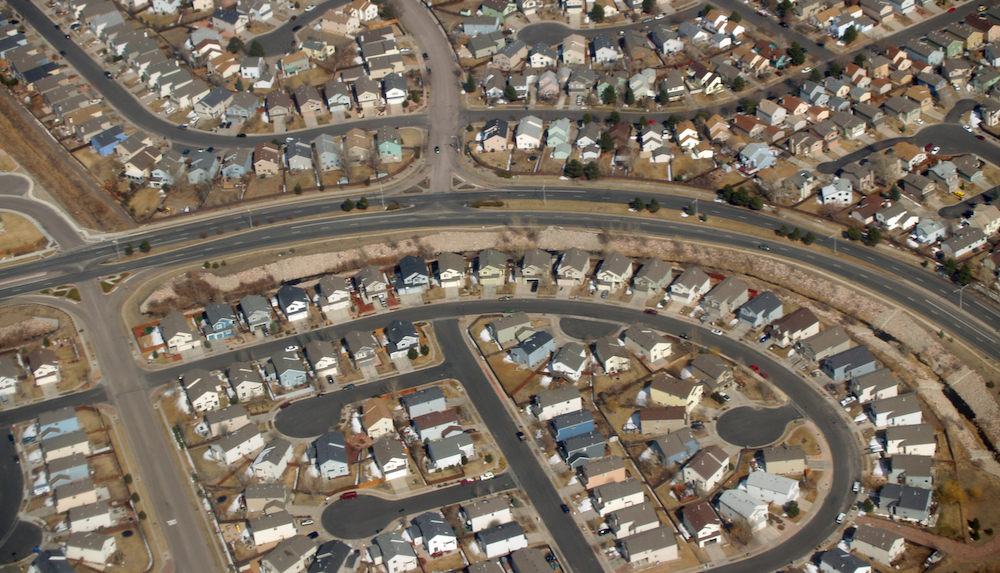The non-profit organization EcoDistricts has launched EcoDistricts Protocol, a process-based framework and performance standard that empowers sustainable neighborhood- and district-scale urban development.
The Protocol is structured around three core areas:
- Three Imperatives: Social, economic, and environmental sustainability is at the center of neighborhood initiatives. These include Equity, Resilience, and Climate Protection.
- Six Priorities: Six rigorous goals, 49 objectives, and 94 indicators are used to scope and define a district’s sustainability agenda. These include: Place, Prosperity, Health + Wellness, Connectivity, Living Infrastructure, and Resource Restoration.
- Three Implementation Phases: A framework sets the conditions for sustained, scalable, outcomes that address the Protocol’s Imperatives and Priorities and meet the specific needs of the district over time. These phases include Formation, Roadmap, and Performance.
“The EcoDistricts Protocol represents an important tool to help city leaders think about sustainability in an integrated way and at a scale that is truly effective,” said Joel Mills, senior director, Communities by Design, The American Institute of Architects. “Using the EcoDistricts Protocol, cities can build momentum for scalable change that transforms urban sustainability and positions communities for success in the 21st century.”
Related Stories
Codes and Standards | Aug 7, 2023
Cambridge, Mass., requires net-zero emissions for some large buildings by 2035
The City of Cambridge, Mass., recently mandated that all non-residential buildings—including existing structures—larger than 100,000 sf meet a net-zero emissions requirement by 2035.
Sustainability | Jul 27, 2023
USGBC warns against building energy code preemptions, rollbacks
In a recent editorial, the USGBC cited a growing number of U.S. state legislators who are “aiming to roll back building energy code standards and/or preempt local governments from advancing energy-efficient building codes.”
Resiliency | Jul 27, 2023
'Underground climate change' can damage building foundations, civil infrastructure
A phenomenon known as “underground climate change” can lead to damage of building foundations and civil infrastructure, according to a researcher at Northwestern University. When the ground gets hotter, it can expand and contract, causing foundations to move and sometimes crack.
Adaptive Reuse | Jul 27, 2023
Number of U.S. adaptive reuse projects jumps to 122,000 from 77,000
The number of adaptive reuse projects in the pipeline grew to a record 122,000 in 2023 from 77,000 registered last year, according to RentCafe’s annual Adaptive Reuse Report. Of the 122,000 apartments currently undergoing conversion, 45,000 are the result of office repurposing, representing 37% of the total, followed by hotels (23% of future projects).
Multifamily Housing | Jul 25, 2023
San Francisco seeks proposals for adaptive reuse of underutilized downtown office buildings
The City of San Francisco released a Request For Interest to identify office building conversions that city officials could help expedite with zoning changes, regulatory measures, and financial incentives.
Urban Planning | Jul 24, 2023
New York’s new ‘czar of public space’ ramps up pedestrian and bike-friendly projects
Having made considerable strides to make streets more accessible to pedestrians and bikers in recent years, New York City is continuing to build on that momentum. Ya-Ting Liu, the city’s first public realm officer, is shepherding $375 million in funding earmarked for projects intended to make the city more environmentally friendly and boost quality of life.
Concrete | Jul 19, 2023
Public policy hindering widespread adoption of sustainable concrete
Researchers are making significant strides in reducing embedded carbon in concrete, but public policies have been slow to adopt this more sustainable option.
Sustainability | Jul 19, 2023
California lawmakers approve governor’s plan to accelerate green construction
California lawmakers recently approved Gov. Gavin Newsom’s infrastructure streamlining plan that aims to accelerate clean energy and infrastructure projects.
Codes and Standards | Jul 19, 2023
Office leasing in major markets by financial services firms rebounds to pre-pandemic norms
Though the pandemic led to reductions in office leasing by financial services firms in gateway markets, a recent report by JLL found a notable leasing resurgence by those firms.
Codes and Standards | Jul 17, 2023
Outdated federal rainfall analysis impacting infrastructure projects, flood insurance
Severe rainstorms, sometimes described as “atmospheric rivers” or “torrential thunderstorms,” are making the concept of a “1-in-100-year flood event” obsolete, according to a report from First Street Foundation, an organization focused on weather risk research.

















